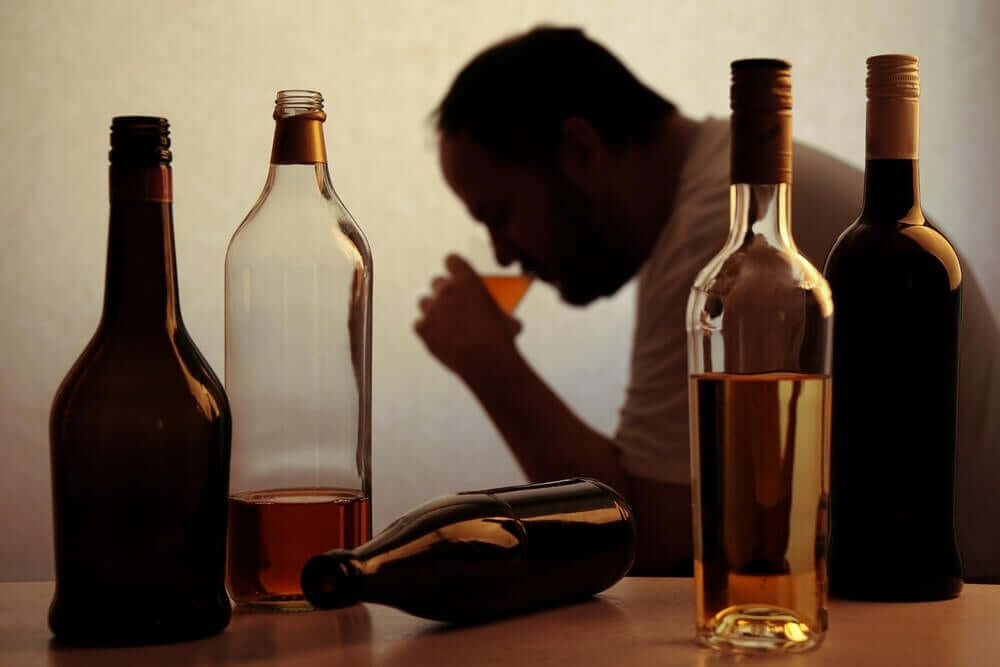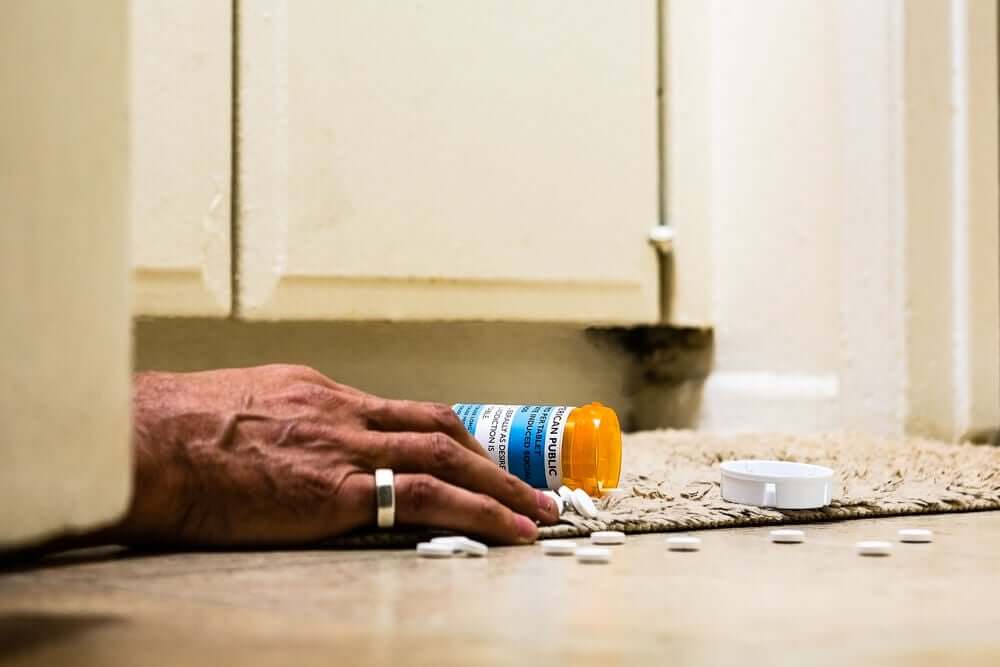Addictions During Quarantine: What You Should Know


Written and verified by the doctor Leonardo Biolatto
Governments around the world have imposed confinement and isolation to contain the spread of the coronavirus pandemic. Unfortunately, these restrictions have produced some situations that can be problematic. For example, the issue of addictions during quarantine is a challenging topic that many people are facing.
Addictions fall into the broad domain of mental health, where it’s also worth mentioning domestic violence, anxiety disorders, depression, and stress. The same health organizations that have recommended confinement have also established mechanisms for dealing with these issues.
Psychologists and psychiatrists know that extreme situations and stressful episodes can lead individuals to consume psychoactive substances. At the same time, they can act as triggers for addictive behaviors, such as gambling.
Defense mechanisms are hard to implement during social isolation. We can’t recommend that patients visit their loved ones or reach out to friends they can trust. Nor in many countries can we tell them to practice outdoor sports. Not being able to go outdoors only increases the risk of addictive behaviors.
The initiation of addictions during quarantine
One situation that can occur is that an addictive process begins during the quarantine. Some people may feel the impulse towards addictive behavior as a result of confinement.
Unfortunately, alcohol consumption has increased significantly during this pandemic. Countries like the United States have reported that sales of alcoholic beverages have increased by 50% in this time. Some countries have had to implement dry laws with the prohibition of liquor sales, a measure that was already used in similar situations in the past.
There’s also a fear that gambling could be on the rise as well, especially given the availability of online betting sites. Spending so much time at home and online contributes to increased visits to these websites.
Additions, especially gambling addictions, also affect home finances. Meanwhile, the COVID-19 pandemic is already causing its own financial difficulties that can become worse in the case of compulsive addictive behaviors.

Keep reading: How to Know if You’re Addicted to Alcoholic Beverages
Relapse syndrome during quarantine
Addictions during quarantine also involve the appearance of abstinence syndrome in those that already suffer from addiction. Confinement limits them to abstinence and, in cases of individuals in recovery, it interrupts their treatment.
As for patients that are in the process of giving up an addiction, a social network is fundamental. It’s important to establish mechanisms that allow for virtual contact with family and friends who are committed to the individual’s rehabilitation.
Mental health professionals, in general, have set up telephone numbers and virtual consults to offer support to addicts in the process of recovery. In the presence of symptoms of relapse, individuals should reach out to one of the resources immediately to deal with this problem, which could end up causing a person to fall back into addiction.
Young people that suffer from addiction are a high-risk group with their own particular characteristics. Many live alone, are secluded and have little money available. The risk of abstinence in this context can lead to criminal conduct in two ways. First, the crime itself, and second, the violation of mandatory quarantine.

Discover more: Opioid Addiction – Why Does it Happen?
General recommendations for dealing with addictions during quarantine
Each particular case of addiction requires a special approach. It’s difficult to suggest general guidelines for action for such a diverse set of problems, like smoking, compulsive gambling, and opiate addiction, for example.
Just the same, thanks to experience in the areas of mental health, we know that there are protective environments that we can create and stimulate to help addicts. This is true whether or not the individual is in the rehabilitation period or not. Some of these measures include:
- Maintain a support network: Family members, friends, and neighbors work as a support network for addicts. They are a means of connection with another human being, based on empathy.
- Discover how to communicate and connect: Technology is a useful ally during confinement. You can conduct follow up consultations with your psychologist online, as well as teleconferences with your support group during difficult times. Addicts need to find a space where they can talk about and express their fears.
- Make sure the information you access is true: Addicts should rely on trustworthy news sources regarding the pandemic as well as information regarding their addiction. Overexposure to information is counterproductive and can lead to additional stress.
Addictions in quarantine are a social problem we’ll need to address
Preventing and dealing with additions during quarantine are responsibilities that belong to the government. However, these responsibilities also belong to society as a whole. It’s not just about addicts dealing with their problems during quarantine, but rather a larger network that’s committed to mutual care and support during hard times.
If you know of someone that’s dealing with the symptoms of addiction or relapse, he or she must know where to find proper assistance. Friends, family, support groups, and professionals can help form the protective environments to help addicts face these difficult circumstances.
All cited sources were thoroughly reviewed by our team to ensure their quality, reliability, currency, and validity. The bibliography of this article was considered reliable and of academic or scientific accuracy.
- Oviedo, Heidi Celina, and Patricia Liliana Arboleda. “Fisiopatología y tratamiento del síndrome de abstinencia de alcohol.” Universitas Médica 47.2 (2006): 112-120.
- Ruiz, CA Jiménez. “Normativa para el tratamiento del tabaquismo.” Archivos de Bronconeumología 35.10 (1999): 499-506.
- Brieva, J. “Ludopatía: el otro lado del juego.” Revista Índice 19.9 (2006): 9-11.
- Hernández Reyes, Vicente Enrique, et al. “La prevención del alcoholismo en instituciones educativas.” Revista Médica Electrónica 41.2 (2019): 454-466.
- Royo-Bordonada, Miguel Angel, and Fernando Jose Garcia Lopez. “Medidas de salud pública y estigma.” (2019).
This text is provided for informational purposes only and does not replace consultation with a professional. If in doubt, consult your specialist.








